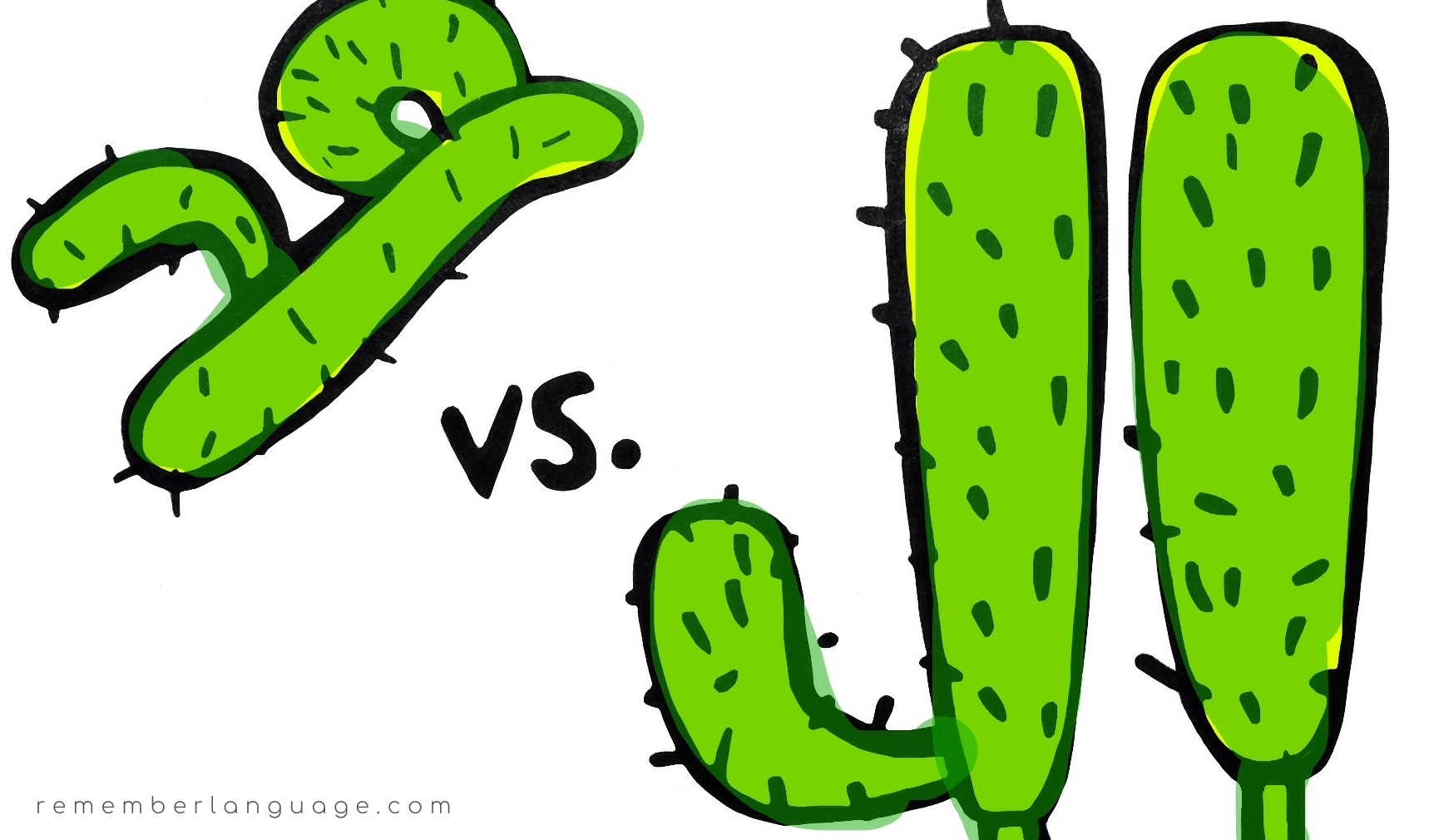[AR] DEFINITE AND INDEFINITE
CONTEXT
Brace yourself, as we're about to get very specific and very nonspecific. We are going to look at words that are definite and indefinite.
Definite words in English are usually accompanied by the word the. Any time the precedes a word, you can safely assume it's definite. For example, the gumby figurine. We know someone is talking about a specific gumby figurine, and it's probably the one on my desk.
If you're interested in referring to things generally or nonspecifically, you need an indefinite article: enter a and an.
If we said a gumby figurine, who knows which figurine we're talking about. It's certainly not a specific figurine and can therefore be dubbed indefinite.
So in English our definite and indefinite can mostly boil down to the definite article: the, and the indefinite articles: a and an.
There are exceptions to this rule, such as possessive pronouns. If you said my gumby figurine (other than the fact that you'd be lying, because it's mine), it also becomes definite. You don't need to say my the gumby figurine. That would be silly.
And just like in English, there are exceptions in Arabic. We'll get to that.
DEFINITE AND INDEFINITE ARTICLES
DEFINITE
Where we have the in English, we have an Arabic equivalent called AL (ال). There's nothing tricky about AL. The gumby figurine, ALgumby figurine. The pineapple, ALpineapple. The trumpet, ALtrumpet.
AL is slightly more needy. AL cannot sit alone in a sentence – he must be attached to a word at all times. But (like the), he is certain in that he always refers to something specific.
INDEFINITE
English has two little wonderful words for this: a and an.
Arabic doesn't.
We do have some short vowels called tanween, that signify indefinite status. They are squiggles that hang around on the end of words. They also have business in determining case, which is where things get complicated. For now, all we need to know is that double short vowels loitering on the end of a word make it indefinite.
THINGS WE KNOW
AL definitely makes a word definite. Tanween definitely makes a word indefinite*. A word cannot have both AL and tanween attached.
Now, if a word doesn't have AL (definite) or tanween (indefinite), we can find ourselves in a bit of a pickle.
The pickle looks like a land of exceptions stacked upon exceptions. Knee deep in conditional rules. If this, then that. If that, then maybe this, depending on this factor over here. Give me strength. Like most preserved fruit, it can be helpful to digest with a flowchart.
*Sometimes people's names have tanween on the end, for reasons that I shall call 'an exception to the rule'. Again? I know. Names (pronouns) are always definite. If the word with tanween isn't a name, then go ahead with the indefinite assumption.
FLOWCHART
The flowchart holds most of the answers to life's questions. Also, it shows the various other ways a word can be definite without going into mass detail. Because for now, we don't need mass detail.
Bear in mind, the flowchart is assuming the text you're reading has the short vowels included. I know, I know, we shouldn't assume. But everyone is reading children's books, right? It's a little harder to pick the indefinite words if tanween has gone on holiday.





